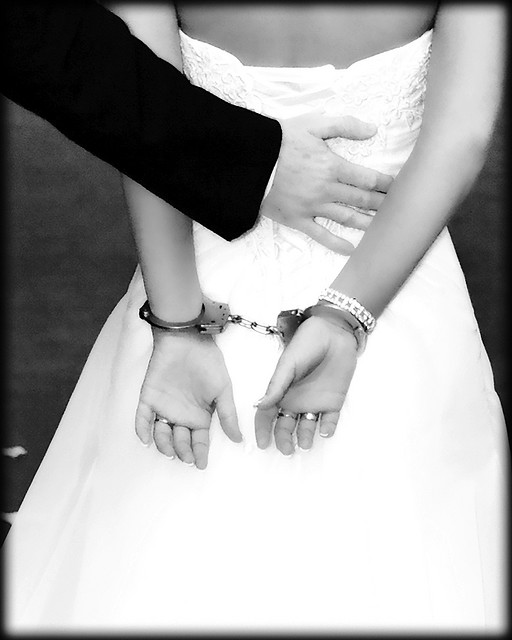
by Tara Bognar
State Funding and Fertility Treatments–In an Israeli Prison

http://www.flickr.com/wesbrowning
How seriously do we take reproductive rights and freedoms?
Israeli Prison Services (IPS) just agreed to fund fertility treatments for two convicted murderers who met and married while incarcerated. The two have the right to conjugal visits and their freedom to procreate is not restricted, but unlike other Israelis, they would not normally be entitled to state funding for fertility treatment. They were prepared to argue, in front of an administrative court, that that restriction violates their right to have children.
Equal access to reproductive freedom is a right long fought for by feminists. Still, reproductive freedom has meant different things to women in different social, economic, and cultural positions. In the United States, poor women, women of color, and women with physical and mental disabilities have fought against forced sterilization and even forced abortion, while other women must fight for access to voluntary contraception, sterilization, and abortions.
The idea that the state should actively decide who may have children touches on core issues of personal autonomy and bodily integrity. In the United States, even people who are convicted of abusing or murdering their children are not legally prevented from having other children.
If everyone else in Israel has the right to state funding for fertility treatments, can it be just, legal, or moral to deny that right to someone just because they are incarcerated? What if their life sentences mean that any children would inevitably become the wards either of the state or another family member? (According to current law, the child may be raised by their mother in prison until two years of age).
Because IPS voluntarily granted funding, no Israeli court had to make that decision.